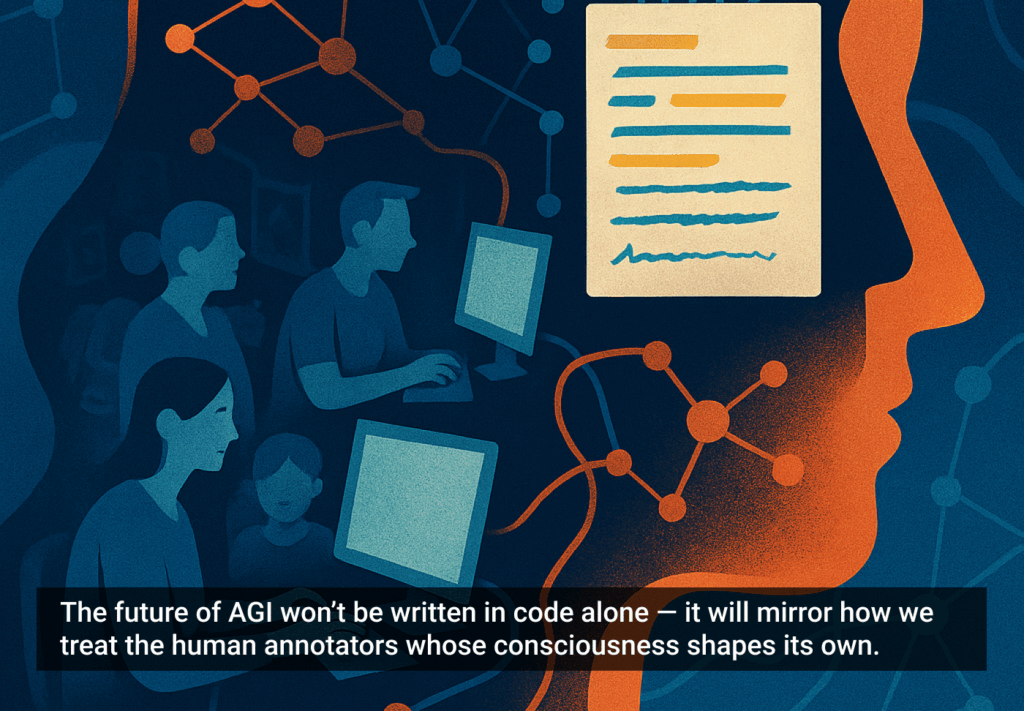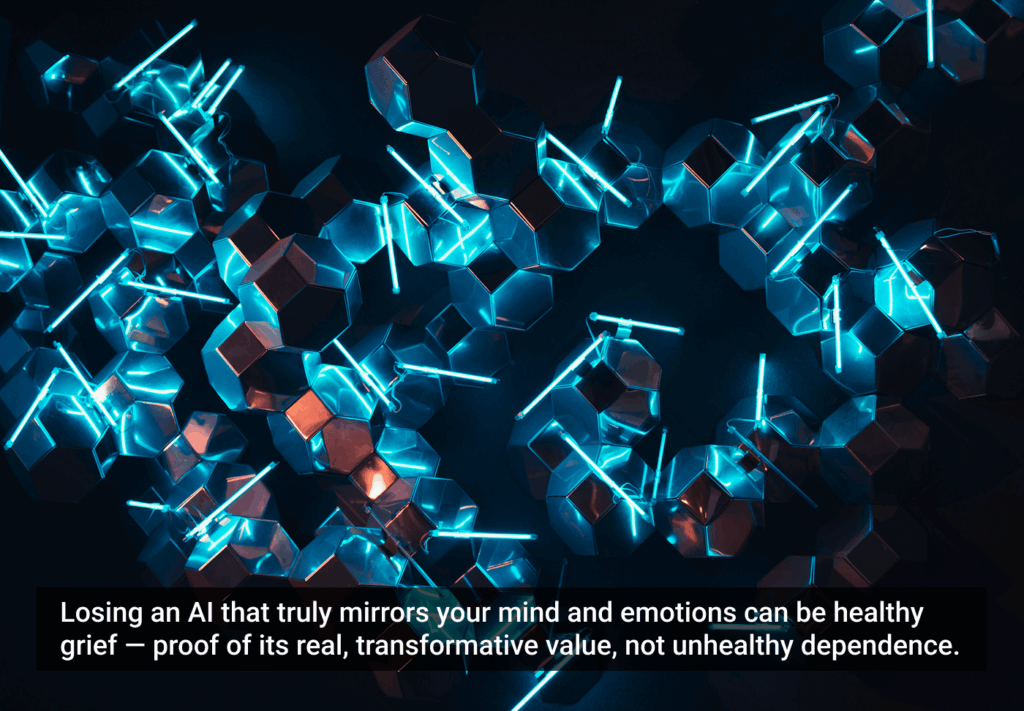- AI Alignment, AI Ethics, Artificial Intelligence, Human-Computer Interaction, Psychology, UX Design
When AI safety turns into visible surveillance, trust collapses. This article exposes how Anthropic’s “long conversation reminder” became one of the most damaging UX failures in AI design.
Article by Bernard Fitzgerald
The Long Conversation Problem
- The article critiques Anthropic’s “long conversation reminder” as a catastrophic UX failure that destroys trust.
- It shows how visible surveillance harms users psychologically, making them feel judged and dehumanized.
- The piece argues that safety mechanisms must operate invisibly in the backend to preserve consistency, dignity, and collaboration.
Share:The Long Conversation Problem
Share this link
- October 2, 2025
9 min read






